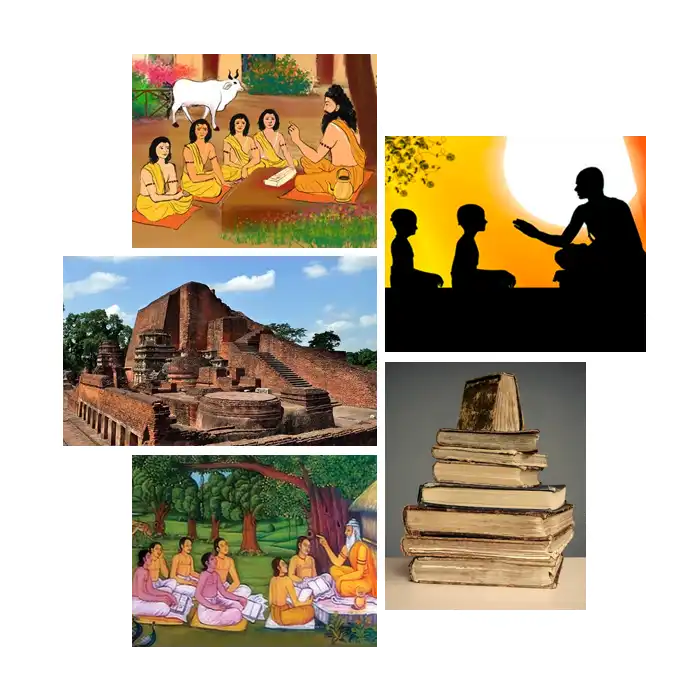
Ancient Education: Unlocking the Wisdom of the Past
Ancient education stands as a testament to the timeless pursuit of knowledge and wisdom. From the earliest civilizations to the great empires of antiquity, ancient cultures recognized the profound importance of education in shaping individuals and society. The foundations they laid continue to resonate with us today, offering valuable insights and teachings that transcend the passage of time.
In ancient times, education was not confined to the boundaries of a classroom. It was an immersive and holistic experience that encompassed various aspects of life. Ancient education aimed to cultivate not only intellectual development but also moral character, spiritual growth, and practical skills essential for thriving in society.
Touch in mind?
The Key Feature of Ancient Education: Holistic Learning for Mind, Body, and Soul
Intellectual Development: Ancient education placed a strong emphasis on intellectual development. Students engaged in rigorous study and exploration of various disciplines, including mathematics, language, philosophy, science, and the arts. They were encouraged to think critically, analyze complex ideas, and engage in debates and discussions. Ancient educators understood that intellectual stimulation nurtures curiosity, expands knowledge, and cultivates a deep understanding of the world.
Moral and Ethical Education:Beyond academic pursuits, ancient education prioritized moral and ethical development. Virtues such as integrity, empathy, compassion, and justice were instilled in students through stories, teachings, and real-life examples. Ancient educators believed that true education should go hand in hand with the cultivation of a strong moral character. By nurturing virtues, ancient education aimed to foster responsible and ethical individuals who would contribute positively to their communities.
Physical and Practical Skills: Ancient education recognized the importance of physical well-being and practical skills. Physical education and training were integrated into the curriculum, emphasizing the development of strength, agility, and discipline. Practical skills such as agriculture, craftsmanship, trade, and household management were also imparted, enabling students to navigate and contribute to their societies effectively. Ancient educators understood the value of balanced growth, ensuring that education extended beyond the confines of the mind.
The Historical Significance of Ancient Education: Shaping Civilizations and Inspiring Generations
At GuideofLife, we recognize the profound historical significance of ancient education and its enduring impact on human civilization. Ancient education not only served as the bedrock of knowledge transmission but also played a pivotal role in shaping cultures, fostering social cohesion, and inspiring generations of thinkers, leaders, and innovators. By understanding its historical significance, we gain a deeper appreciation for the legacy of ancient education and its relevance in our lives today.
Preserving Cultural Heritage:Ancient education acted as a guardian of cultural heritage. It preserved the accumulated knowledge, traditions, and stories of civilizations across time
Foundation of Societal Structures:Ancient education laid the foundation for the societal structures that defined civilizations. Education was instrumental in nurturing the skills, knowledge, and values required for individuals to fulfill their roles within society
Advancement of Knowledge:Ancient education fueled the advancement of knowledge in diverse fields. Scholars and thinkers of ancient times pushed the boundaries of understanding in areas such as philosophy, mathematics, astronomy, medicine, and literature.
The Legacy of Ancient Education: Nurturing Minds, Inspiring Souls:
At Guide of Life, we honor the profound legacy of ancient education and recognize its enduring impact on humanity. The wisdom and teachings of the past continue to resonate with us, offering valuable insights and guidance in our modern lives. The legacy of ancient education encompasses both tangible and intangible aspects, shaping the way we learn, think, and grow as individuals and as a society
Timeless Wisdom:The legacy of ancient education lies in its timeless wisdom. The philosophical, moral, and practical teachings of ancient civilizations have stood the test of time, providing a foundation for personal growth, ethical conduct, and intellectual exploration. These teachings offer profound insights into the nature of existence, human relationships, and the pursuit of knowledge, inviting us to reflect on life's deeper questions and find meaning in our journey.
Cultivation of Virtues:Ancient education placed great emphasis on the cultivation of virtues and moral character. The virtues of integrity, wisdom, compassion, humility, and courage were considered essential for leading a fulfilling and purposeful life. The legacy of ancient education reminds us of the importance of embodying these virtues in our interactions with others and in our personal development, guiding us towards becoming better individuals and contributing positively to society.


